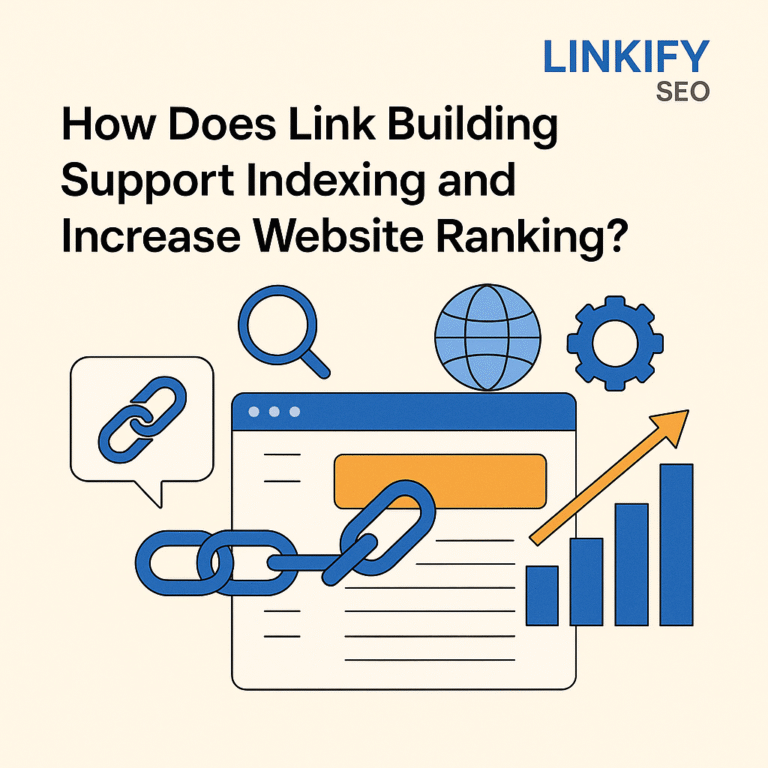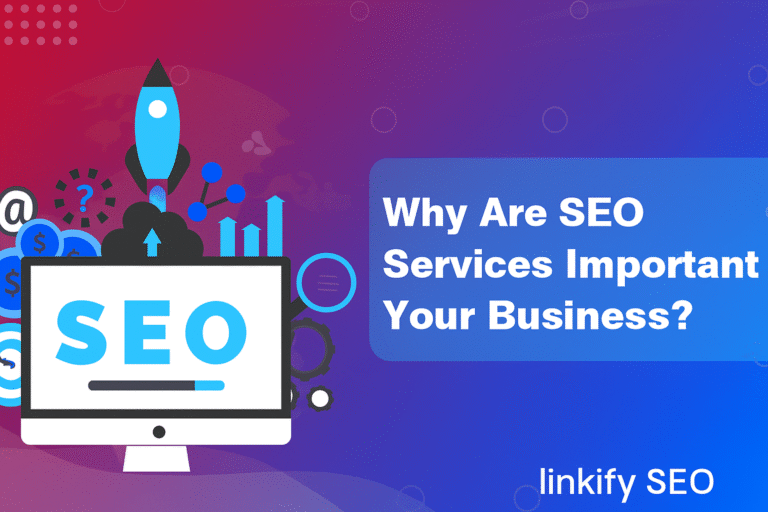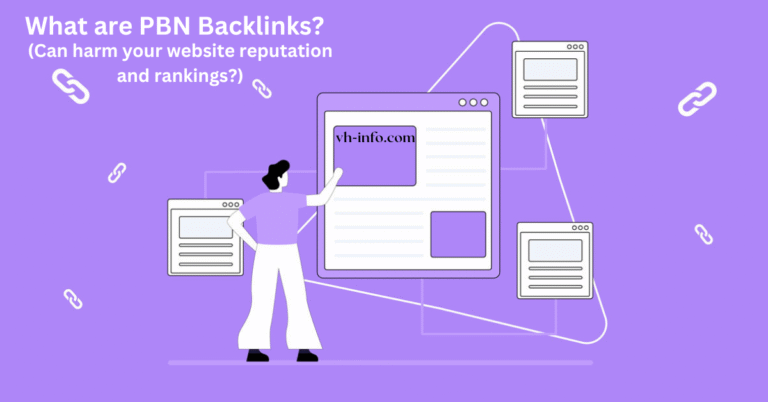What is the Difference Between Do follow and no follow Links?
In the vast and ever-evolving world of digital marketing and SEO, backlinks play a crucial role in determining a website’s authority and visibility. However, not all backlinks are the same. One of the most important distinctions to understand in link building is the difference between dofollow and nofollow links.
Understanding the Role of Links in SEO
Search engines like Google use links to discover and evaluate content across the web. When one website links to another, it not only drives traffic but also signals to search engines that the linked content may be relevant, useful, or trustworthy. These links are one of the core factors used by algorithms to rank websites in search results.
However, how much value a link passes on depends largely on whether it is a dofollow or nofollow link.
Dofollow Links: Passing Authority
Dofollow links are the default type of link used across most websites. When a website adds a dofollow link to another site, it is essentially giving it a vote of confidence. This type of link passes “link juice,” or authority, from the linking site to the one being linked to.
Search engines take these links seriously. If a high-authority site links to your content with a dofollow link, your own website can gain credibility and improve its ranking in search results. Dofollow links are therefore highly valuable and often the target of SEO and link-building strategies.
They help improve domain authority, increase trust in the eyes of search engines, and ensure that your content is indexed and ranked more effectively.
Nofollow Links: Controlled Linking
On the other hand, nofollow links are used when a website wants to link to another page but does not want to pass any SEO value or authority. These links were originally introduced to prevent spam in blog comments and user-generated content. Today, they are commonly used for:
- Paid or sponsored links
- Affiliate links
- Links to untrusted or unknown sources
- User-generated content or comments
While nofollow links do not pass link juice in the traditional sense, they still serve important functions. They can bring traffic, encourage engagement, and support a healthy backlink profile that appears natural and diverse.
How Do They Affect SEO?
The key difference between dofollow and nofollow links is how they influence search engine rankings.
- Dofollow links contribute directly to SEO performance. They improve rankings, boost domain authority, and help in building search visibility.
- Nofollow links do not contribute link juice but can still drive referral traffic and improve brand exposure.
In recent years, search engines like Google have started treating nofollow links as “hints” rather than strict rules. This means that in some cases, they might still count towards SEO rankings depending on the context and the site’s overall authority.
Why You Need Both

While dofollow links are more valuable for SEO growth, a successful link-building strategy includes both types. Relying only on dofollow links can appear unnatural and may raise red flags in search engine algorithms. Including a mix of nofollow links from social media, directories, forums, and user-generated content creates a more organic and trustworthy backlink profile.
Nofollow links may not pass direct authority, but they show real-world relevance and help with brand visibility — both of which matter in modern SEO.
Conclusion
Understanding the difference between dofollow and nofollow links is critical for any digital marketer, SEO specialist, or website owner. Dofollow links help build authority and improve search rankings by passing link juice, while nofollow links give you control and protect against SEO risks when linking to certain sources.
A balanced backlink strategy that includes both link types ensures not just better rankings, but also long-term credibility and stability in search engine algorithms. The smartest SEO strategies focus on earning quality dofollow links while also appreciating the indirect value of nofollow links — because in the world of SEO, every link matters.





